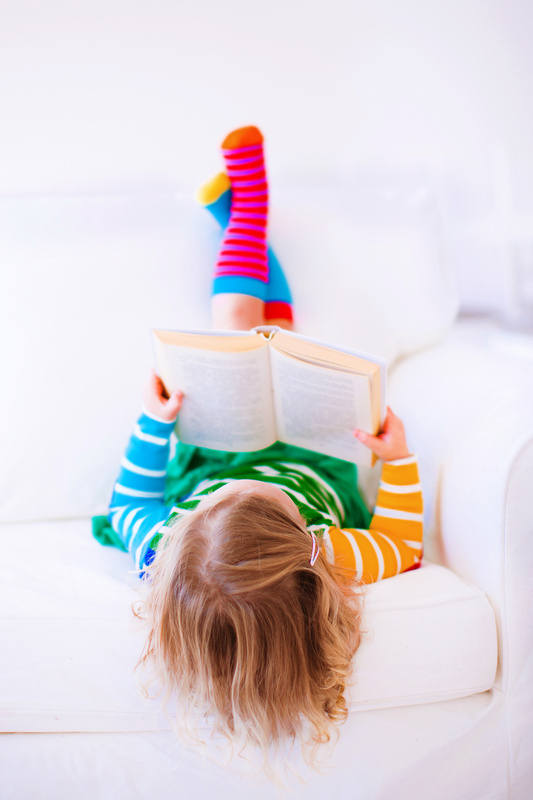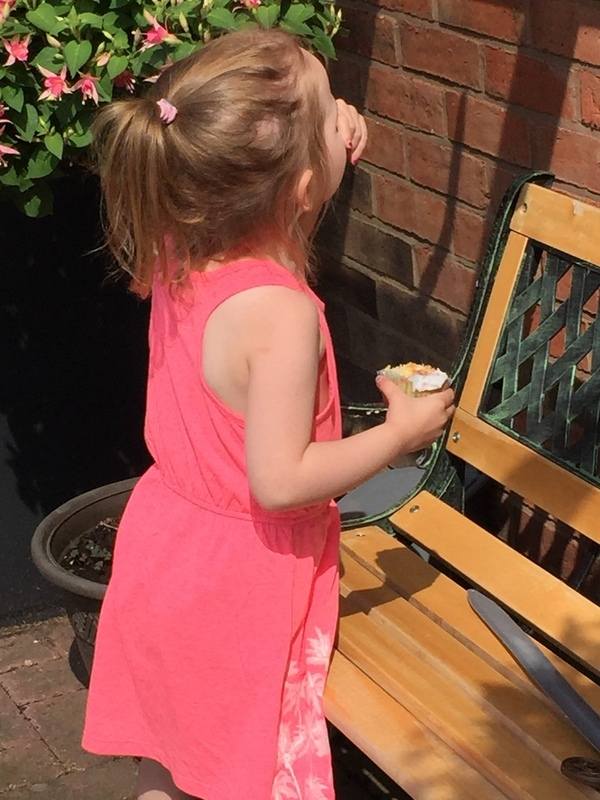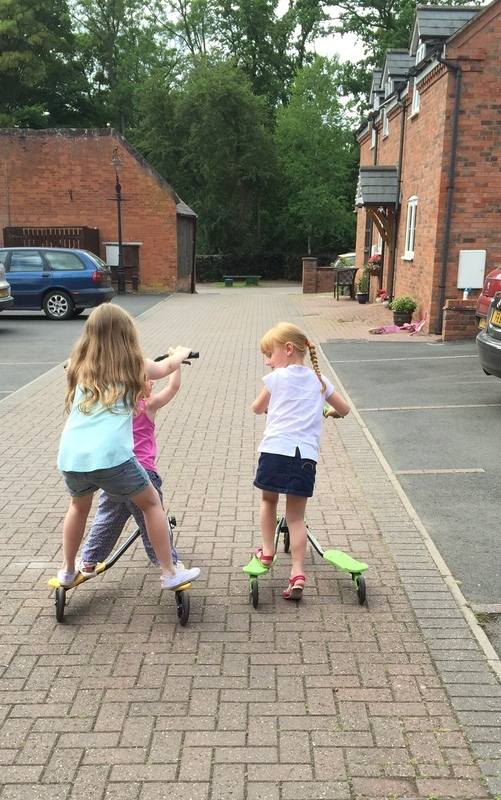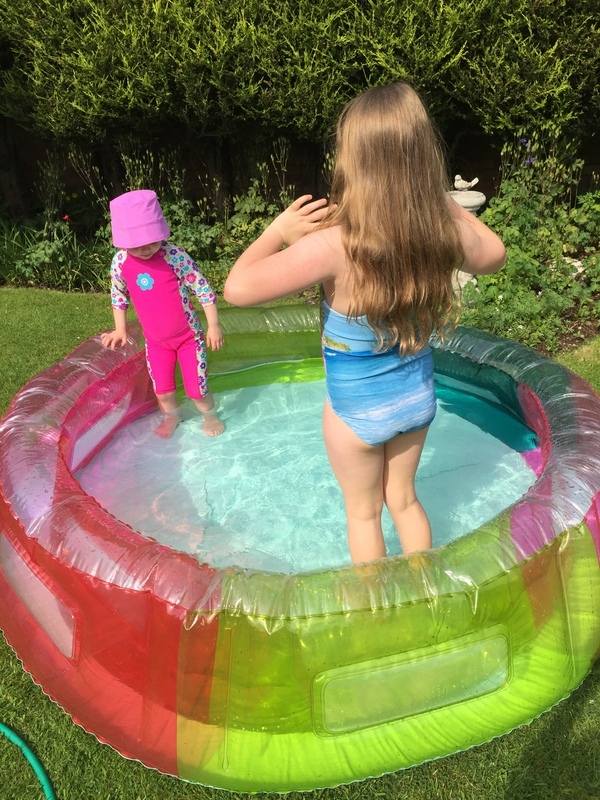Should I get my child a tutor?
Posted on
My eldest daughter goes into Year 6 in September, so we are already talking about Senior School. She is going to take the 11+ and I can't tell you the amount of people that have asked me whether or not she is being tutored for the exam. Initially I was quite adamant that she wasn't going to get a tutor and that if she could get into grammar school on her own merit, then I would be happier than her being "coached" for it but the more I think about it, the more I wonder if I am putting her at a disavantage. I wouldn't put her into a swimming gala, without swimming lessons. I wouldn't sign her up for a gymnastics competition, without putting in the training first, so why should the 11+ be any different?
I am conscious that the summer holidays have only just started but we were asked to collaborate with Tutorfair and they talk about the "Summer Slide". The Summer Slide is a term coined by educational psychologist Harris Cooper, who found that US schoolchildren regress in all subjects over the summer holidays, by an average of 1 month, and 2.6 months in maths. (which I can only assume is a similiar scenario in the UK). This is a problem widely recognised by educationalists, here are a few of the stats:
- Students will score lower on the same test at the end of the summer than they did at the start. (Downey, 2004)
- Students lose on average 2.6 months worth of Maths learning and 1 months worth of spelling skills. (Cooper, 1996)
- Teachers spend 4 to 6 weeks re-teaching forgotten material. (Peters, 2005)
How can you prevent this summer learning loss?
Of course it’s important that kids have some downtime and R&R over the summer, especially those students who need time to catch their breath after June exams. But every student risks summer learning loss, and it’s a weighty topic on every parent and educator’s mind. Whether your child loves to read, or problem solve, we have a few tips that can be fun and effective ways to retain and promote learning over the summer break.
1. Play not work
Summer learning should be fun. Whether you’re educating your children yourself, or enlisting the help of a nanny or tutor, take the lessons outside the classroom and discover activities that your child will enjoy. Find out about next year’s curriculum; just hearing about a topic in advance helps pupils to learn it quickly in the classroom. Create a treasure hunt with subject-specific clues – this has the added advantage of keeping them occupied for some time, depending on how tricky the questions are!
2. Riveting Reading
Harris Cooper found that the poorest children lose the most reading skills, while those better off actually improved over the summer. The long summer break can be an opportunity for children to discover reading. Studies have shown that reading four to five books over the summer has a positive impact (comparable to attending summer school!) and on average students lose 2 months of reading skills over the summer.

Be inventive; even the most reluctant reader just needs the right trigger!
For the tech-savvy paper-phobic child you could purchase a family e-reader, or take a trip to your local library and encourage your child to choose books that she or she is interested in. You could also try the Summer Reading Challenge, which rewards children with stickers and certificates for free!
3. Marvellous Maths
Adapt recipe quantities while cooking to familiarise children with dividing, multiplying and using fractions. These questions crop up everywhere from primary school to GCSE Maths.
When your 6-year-old asks, again, how long till his best friend arrives: ask him to work out the time in hours and minutes (or days and hours, depending on how early the excitement starts to build…) Young children find time calculations a challenge, counting in a base of 60 instead of the normal 10s and 100s.
Children are natural entrepreneurs: if it would be safe and you can keep an eye on them, a homemade lemonade stall requires plenty of maths practice. Just keep an eye on the recipe to make sure they produce something drinkable! Ask them to calculate the profit margin and hourly earnings - useful to know when employing a younger sibling…(this is definitely something that works in our house)
4. Whirlwind Writing
Long car journey? Encourage your children to pass the time telling stories, this will help develop their linguistic creativity as well as stopping them from pinching each other! You can even offer a prize for the best story.
Postcards are also a cheap and appealing way of getting a child to pen a few lines to a friend.
5. Super Science
Take advantage of the British summer weather: after the next rain shower, draw chalk circles round a few puddles, to observe the water cycle. Even in our damp conditions, your child will see evaporation in action as the puddle shrinks.
In the garden or park, ask your child to collect small (one leaf is good) samples from different plant species. Go over these samples together, discussing differences and similarities, and why one plant is classed as a different species from another.
6. Summer Tuition
Children are remarkably good at learning in different environments with different people, and if you can afford some extra help, a tutor could be just what they need to inject some educational fun into the holidays.
This doesn’t mean someone who will sit at home forcing algebra over the kitchen table! Most tutors are, by now, as fed up of painful exam-cramming as you and your children, and will be only too happy to rediscover the joy of learning over summer.

So, maybe I should be considering tutoring and Tutorfair is a website which makes tutoring accessible for all. It’s easy to use, search by putting in your postcode and subject, and picking the best tutor near you. View everything from qualifications to videos of tutors, so you can get a better idea of what they are like. The website gives students a better choice of tutors, and makes it easy for tutors to do what they love. Online payment makes booking easy, and if you’re not totally satisfied with your tutor after your first lesson, Tutorfair will give you your money back. Tutorfair helps you find the best tutors in your area, and for every student who pays, Tutorfair gives free tuition to a child who can’t.
So should I get my daughter a tutor? I suspect she won't be overly happy about to start with but I am sure we will all be happy with the results in the end












